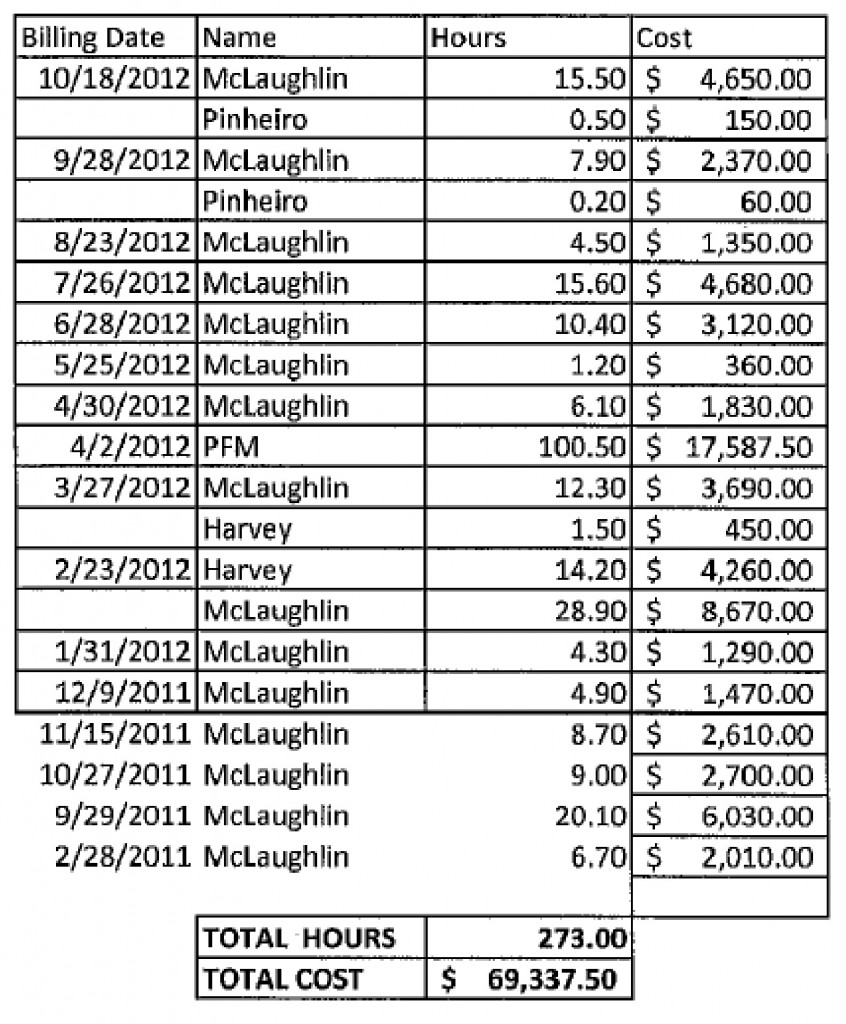T/E School District has released their agenda for Monday, January 28. Based on the agenda, it appears there has been a direction change on the hiring of former Police Chief Andy Chambers as the security consultant for the District. The following is from Monday’s School Board agenda:
B. Reconsideration of District Safety Consultant
The Board will consider a contract with Andy Chambers as District Safety Consultant.
1. Questions from the Board
2. Comments and/or Questions from Community Members
3. Board Discussion /Deliberation/Action
If you recall, the Board added Andy Chambers as District Safety Consultant to the consent agenda at the January 7 School Board Meeting. Neither Chambers nor any mention of District safety enhancements appeared on the January 7 agenda. The agenda did not notify the public that the School Board would discuss anything safety-related at the January 7 meeting, let alone the hiring of a ‘security consultant’. For most of us, we learned that the District had hired Chambers as District Safety Consultant at the January 9 public safety meeting. The announcement of Chambers hiring also appeared in the District’s ‘Action Line’ newsletter, summarizing the safety meeting.
Following the news of Chambers hiring, there was much public discussion, including on Community Matters. I questioned Superintendent Dan Waters and TESD President Kevin Buraks at the subsequent Finance Committee meeting and reported their responses on Community Matters.
Undoubtedly, the Board heard from many community members,including John Petersen in regards to this situation. I was cc’d on a number of emails between Petersen and the School Board, Superintendent Waters and TESD solicitor Ken Roos. Petersen’s comments were strong and direct — claiming that the Board’s use of the consent agenda at the January 7 meeting, for the hiring of Andy Chambers, was in violation of the PA Sunshine Act. The tagline for Community Matters states, “Your Voice Matters … Join the Conversation” and clearly in this case, voices do matter and the Board listened.
Receiving the notification that the hiring of a District Security Consultant is now on Monday’s agenda for ‘reconsideration’, Petersen offered the following comment,
I was 100% convinced that the actions taken by Superintendent Dan Waters and the T/E School Board were not proper under the Sunshine Act. The District’s decision to now consider the matter in an open meeting is absolute proof that my assertions were correct and valid in spite of the solicitor’s comments to the contrary.
Whether or not at the 1/28 meeting former TTPD Superintendent Andy Chambers’ appointment as District Safety Consultant is ratified, the public will have a fair and appropriate opportunity to be heard. The goal of my efforts was to serve that end and only that end. Superintendent Dan Waters and the T/E Board disenfranchised the very public they are supposed to serve. Further, they exercised poor judgment. Regardless of what happens on 1/28, it is my opinion that the Tredyffrin/Easttown School District would fare better under new leadership.
The Pennsylvania Sunshine Act defines when government bodies must conduct official business in public and private, when they should allow public comment, and how and when to advertise meetings. We know now that the Pennsylvania Commonwealth Court has ruled that the “personnel exception” of the Sunshine Act does not apply when a government body meets to discuss an independent contractor or consultant.
In researching the PA Sunshine Act and how various school boards have handled possible violations, I came across an article in the Town & Country newspaper from September 2011, that is both interesting and apropos to the discussion.
The article referenced the hiring of a $15K consultant in Upper Perkiomen School District to help in their superintendent search. There was concern among several school board members, in addition to some members of the public, that the consultant hiring discussion had occurred during the school board’s executive session and not in front of the public – with the suggestion that this action violated the PA Sunshine Act. According to the article, the school board was “specifically instructed by their solicitor, Ken Roos of Wiseler Pearlstine, not to hold the talks in private.” The article further states, “According to state law, and Pennsylvania Newspaper Association general counsel Teri L. Henning, public officials are not permitted to discuss hiring independent contractors or consultants in executive session.”
Not understanding why there should be a difference between the process to hire a consultant the Upper Perkiomen School District and TESD, I sent an email with the Upper Perkiomen School District article to Roos, who coincidentally is also solicitor to both school districts, asking for clarification. Although Roos did not respond to my inquiry, I would suggest that based on the Upper Perkiomen School District article, it appears that Roos would agree that consultant ‘talks’ should not occur in private.
As John Petersen suggested in his comment, regardless of the Board’s ultimate decision on whether to hire Andy Chambers as the District Safety Consultant, “ … the public will have a fair and appropriate opportunity to be heard”. I could not agree more; although given the background of Chambers’ departure from Tredyffrin Township Police Department; I am not sure why the Board would want to invite the controversy that comes with his hiring as the District Safety Consultant.
The TESD School Board meeting is Monday, January 28 is at 7:30 PM at 940 West Valley, Suite 1700, Wayne 19087. I encourage all interested citizens to attend and offer your opinion.

